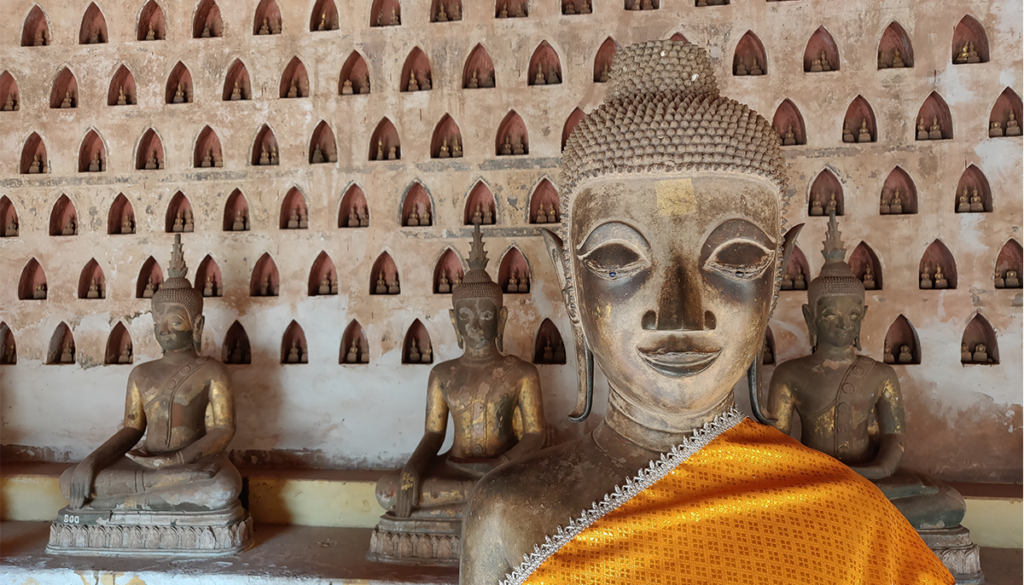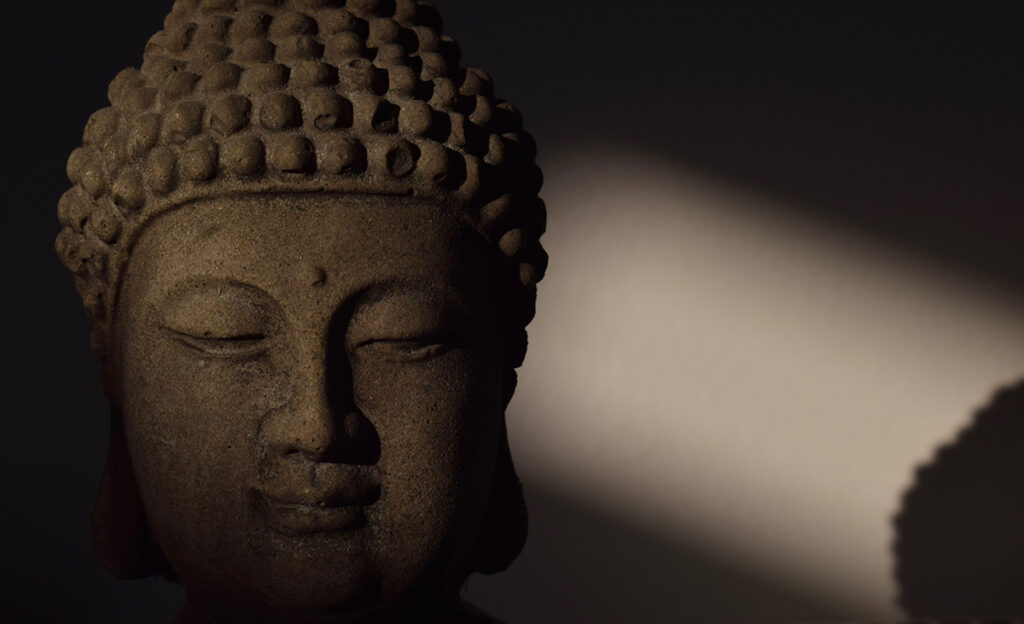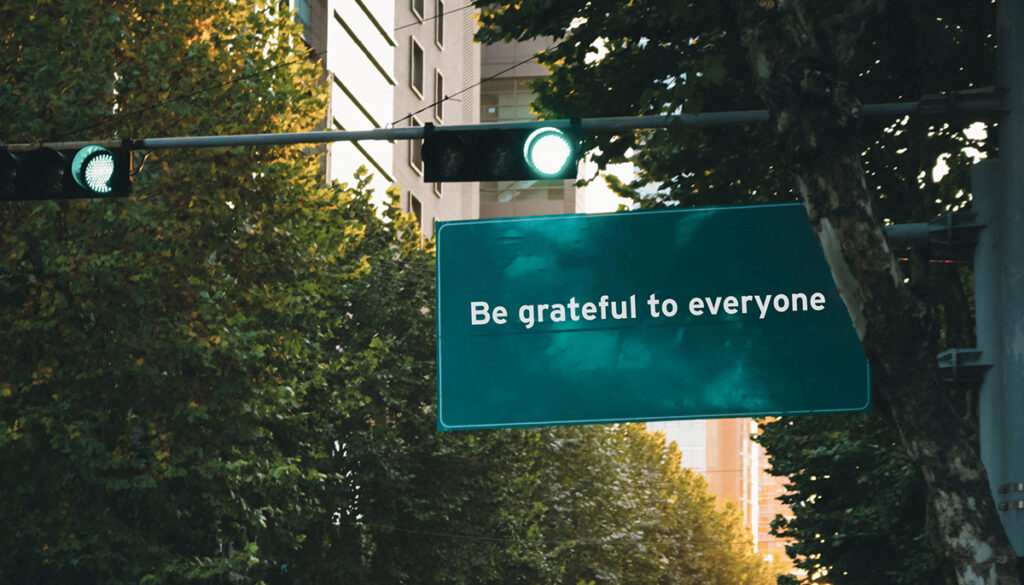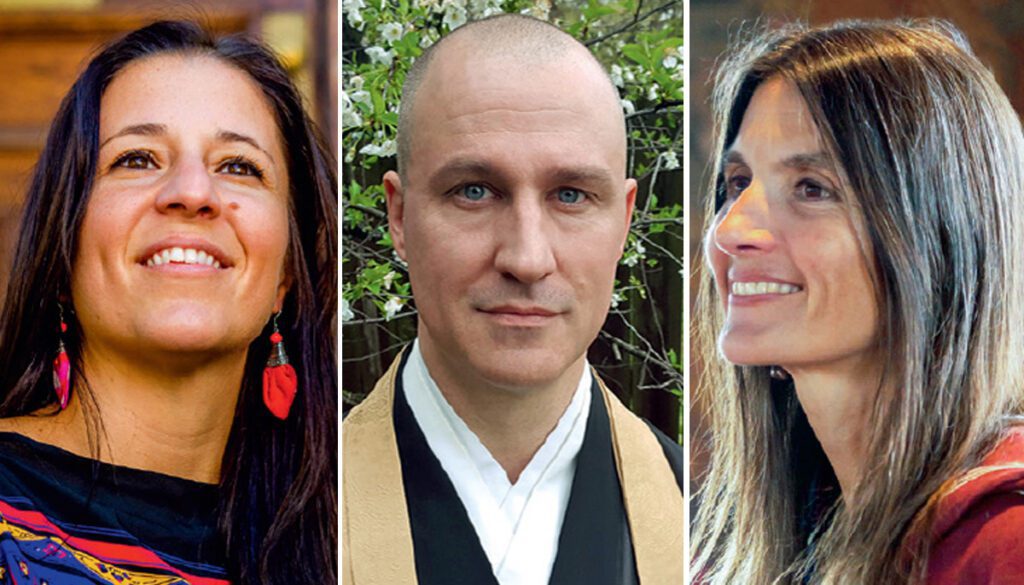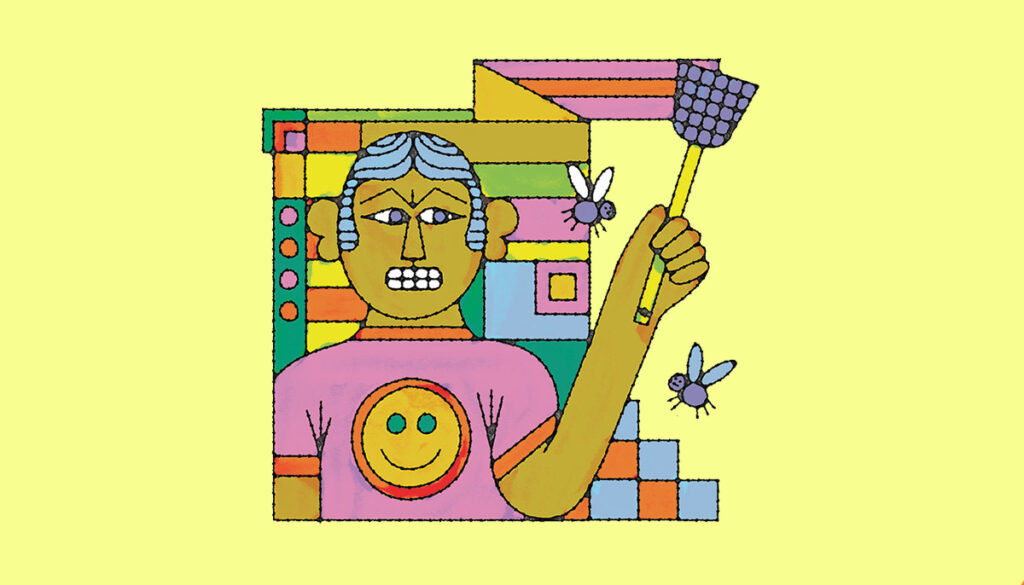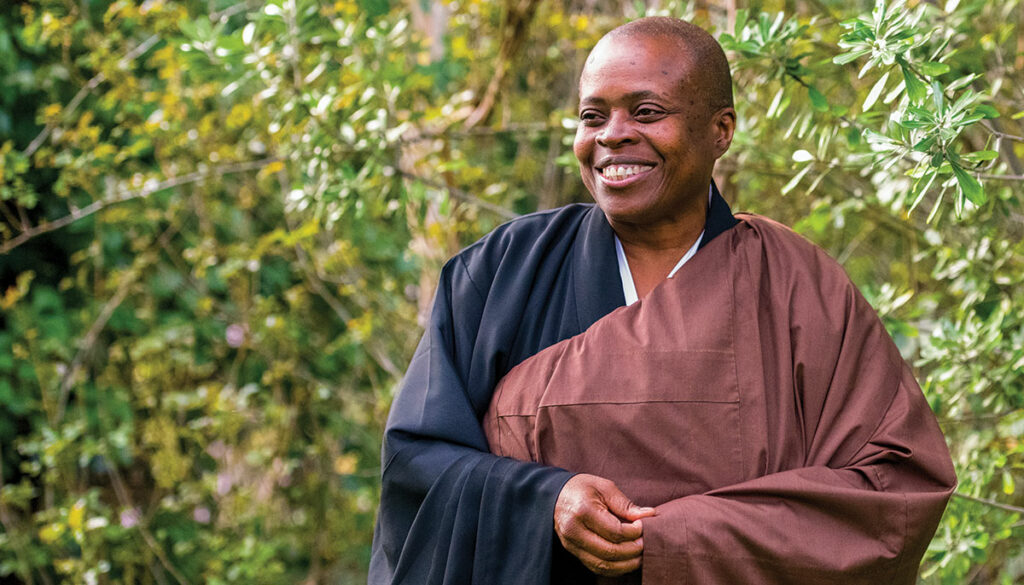Category: Dharma in Daily Life
Be Free of Suffering
Pema Chödrön offers a bodhicitta practice for generating love and compassion for all human beings.
Meet a Teacher: James Ishmael Ford
James Ishmael Ford gets personal with the Lion's Roar readership.
Buddhism’s “Five Remembrances” Are Wake-Up Calls for Us All
Perfectly clear, compassionate, and concise, the "Five Remembrances" are Buddhism at its very best. Koun Franz explains.
59 Ways to Turn Your Mind Around
The way to bodhicitta, the mind of compassion, is marked by the fifty-nine lojong slogans. Gaylon Ferguson points us in the right direction.
Ask the Teachers: What does it mean to understand Buddhism through the body?
Question: These days, people talk a lot about “somatic practice” and “embodied experience.” What does it mean to understand Buddhism through the body? Roxanne Dault: The body is at the heart of the Buddhist path. It is our guide within the experience of the present moment and an important vehicle for our awakening. One might…
How Do We Create Our Reality?
According to Yogacara, or “mind-only” teachings, everything we experience is a construct of consciousness. Guo Gu explains how it all works.
Ethical North Star: The Five Buddhist Precepts for Modern Times
In this complex and interconnected world, living ethically has never been more challenging—or more important. Jan Willis, Rebecca Li, Trudy Goodman, Thanissaro Bhikku, and Sister True Dedication share the five Buddhist precepts for modern times.
Living My Vow
Zenju Earthlyn Manuel’s deepest vow is to be a person who doesn’t cause suffering and walks in peace. It’s what we all really want.
Sleeping, Dreaming, and Waking Up
The name “Buddha,” means “one who is awake.” Sam Littlefair shares three Buddhist teachings on sleeping, dreaming and - finally - awakening.
Hope in Hopelessness
LionsRoar.com's digital editor Lilly Greenblatt looks at the hope in hopelessness.
